A REMARKABLE photographic exhibition shows family homes abandoned to decay on a remote Scottish island – because relatives cannot bear to sell them.
Haunting images, taken on the Outer Hebrides by former Buzzcocks drummer John Maher, show the properties slowly rotting away and almost unchanged since the day the owner died.
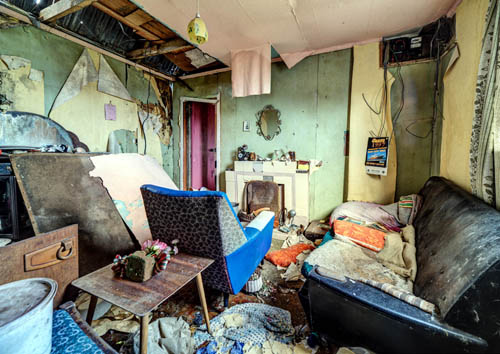
In some cases, estate agents even received enquires to buy the properties but were ordered to turn them down as relatives cling on to past lives in crofting communities.
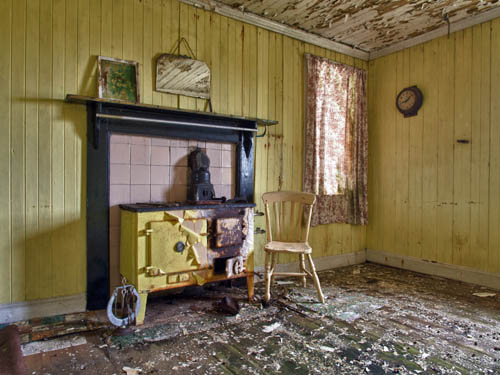
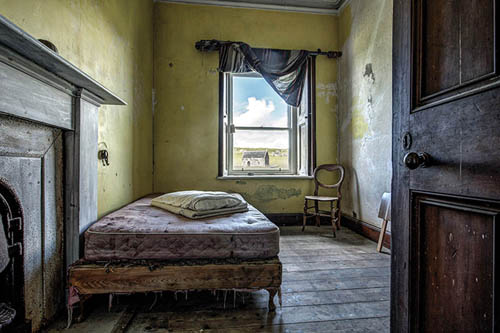
The hauntingly beautiful photographs show lives suspended in time with wedding pictures on mantelpieces, beds fully made and even dinner plates on the table.
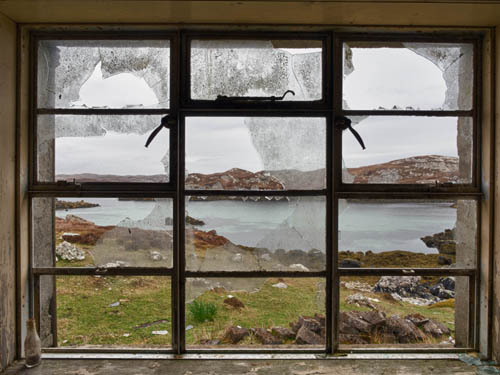
After entering the lost homes his interest soon turned to what was inside.
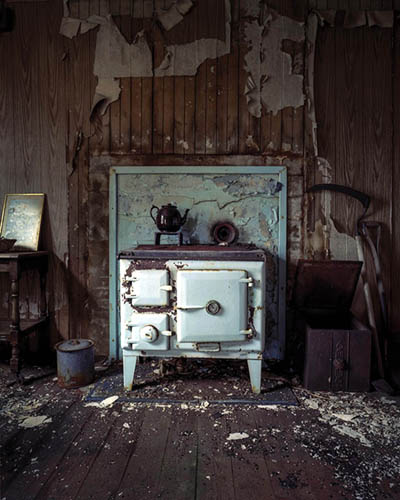
“There was one house with a suitcase on the bed and letters on the side board that haven’t been opened.”
He continued: “In some houses it would be quite easy to spook yourself.”
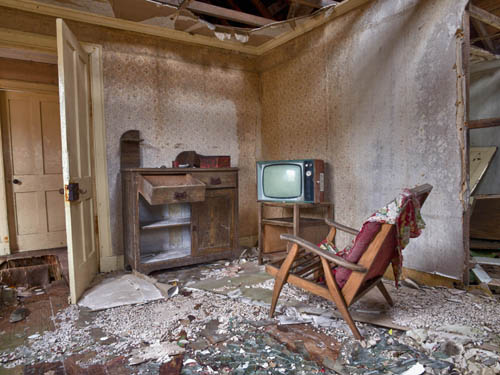
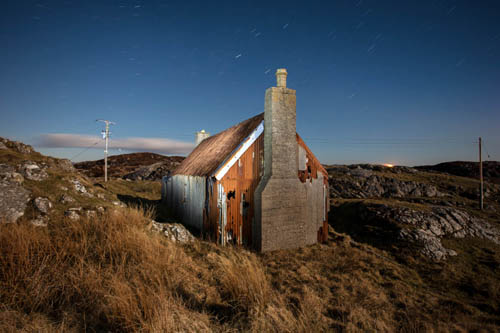
After getting in touch with relatives through Facebook the story behind one of properties soon emerged.
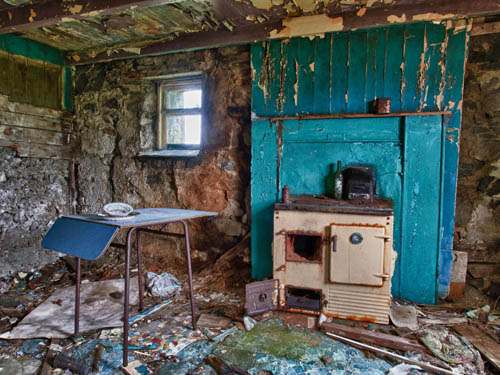
Although the couple left the island in their later years they continued to make an annual pilgrimage home to light the fire and sit in the front room together.
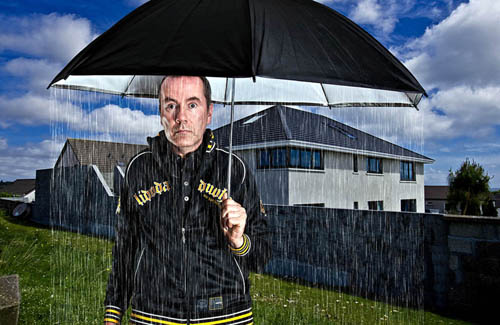
“When the older generation die off there is no one to take the houses over,” explained a Stornoway estate agent.
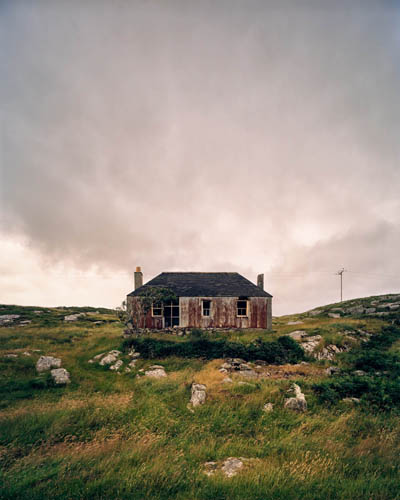
But families often don’t want to sell because “it’s the original family home”.
“It’s sentimental family values. They have no intention to live in them at the moment,” she said.
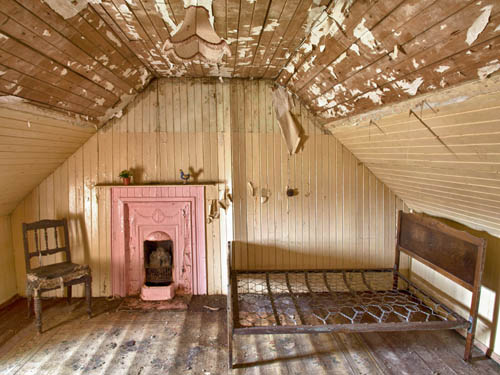
Now they are at the mercy of the notorious Hebridean weather.
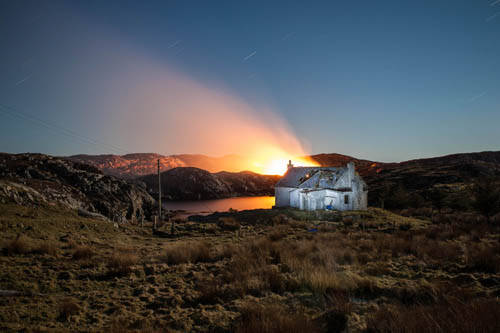
He added: “Not all decay is bad decay. There is a lot of memories.”
The exhibition ‘Away Being’ is launched on January 4th in Gallery 1 at St Margaret’s House, 151 London Road, Edinburgh.
